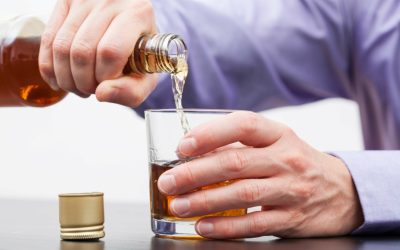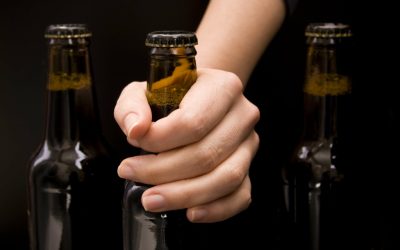Alcohol gives us artificial dopamine “hits,” which dull our natural feel-good system. After a few weeks off, your brain starts producing dopamine more efficiently – boosting genuine happiness. Alcohol is dehydrating and inflammatory, leading to puffiness, redness, and fine lines. Without it, your skin can rehydrate, inflammation eases, and you’ll notice a brighter, fresher complexion. Sign up for our newsletter and wake up to a healthy dose of Hello Sunday Morning goodness delivered straight to your inbox every fortnight. These month-long breaks from drinking are becoming increasingly popular.
- What’s more, growing evidence suggests that even small amounts of alcohol may harm your health.
- These five suggestions are a great way to start cutting back.
- Alcohol is a depressant and can leave us feeling sluggish and fatigued.
- For many people, a month without drinking can lead to improvements in health and wellbeing.
Notice changes in how you feel
Generally speaking, someone who is sober curious is reconsidering their relationship with alcohol—taking a look at why, when, and how often they drink. Drinking alcohol in any amounts—yes, even in moderation—can negatively impact your health. Yet there’s a strong social aspect to drinking that’s hard to ignore, especially among younger people. One of the most significant benefits of taking a break from alcohol is the opportunity to reflect on your personal relationship with it.
Give your body and mind a much-needed rest
- One of the most significant benefits of taking a break from alcohol is the opportunity to reflect on your personal relationship with it.
- When you choose a substance to enhance moments in your life — rather than chase after it as a way to cope — you might find a personal liberation that tastes just as sweet.
- Although you may be struggling or dealing with some negative emotions too, focusing on what’s good will make you feel like this experience is worthwhile.
Thus, drinking less alcohol, or not drinking at all, is better for your overall health and will reduce your risk of alcohol-related cancers. Also, on weekends make plans for dinner and a movie with someone supportive of you. When it comes to your social circle, you need to choose people who will help you and appreciate your lifestyle change instead of tempting you. Anyone who has ever had one too many drinks likely has had a regrettable social moment. Alcohol is a diuretic that dehydrates your body, leaving your skin dull and inflamed. Just one taking a break from alcohol week of abstinence can improve hydration and reduce inflammation, leading to a brighter, fresher complexion.

The current trend towards choosing low or no alcohol might bring benefits.
That perhaps it was people who were drinking a small amount of wine who are just healthier people. But that there is no true beneficial effect of alcohol on our life. And that alcohol affects many organs in our body, not just our liver, but our heart, our brain, our metabolism, the pancreas, multitude of organs. The first thing you’ll need to do is determine how much you currently drink. You may need to taper your alcohol consumption over the first week or two before you cut it out entirely.
- If you manage to limit alcohol consumption beyond a monthlong break, it could improve your heart health and reduce the risk of stroke and certain cancers.
- For moderate drinkers, damage to your liver could be fully reversed by six months.
- If so, the start of a new year is a wonderful time to try it out.
So, by quitting, you can actually reduce the risk of inflammation and promote healthier, clearer skin. “There’s a high correlation between alcohol use disorder and other mental disorders, including depression and anxiety,” McGrath explains. “When you stop using alcohol, it really benefits your overall mental health.” According to the Dietary Guidelines for Americans, alcohol should be consumed in moderation — up to one drink per day for women and up to two drinks per day for men. “I would suggest cutting back on several things rather than completely eliminating to avoid feeling deprived, which can lead to rebound eating/drinking and weight regain,” she said.
Reflecting on Your Relationship with Alcohol

I used to call myself a lot of names, especially when it came to the times when I failed to say “No” to another drink. I thought tough love is what motivates us, and I was terrified that if I were to go easy on myself, I’d fall even further and I’d never be able to change the way I drank. Exercise boosts serotonin and dopamine in the brain, and a quick shot of both will make the happy chemicals release, and you won’t want to drink.
Mistake 5: I Focused on the Loss and Missed the Gain
Alcohol can disrupt your sleep cycle, leading to Drug rehabilitation restless nights and groggy mornings. This can make you feel more rested and energetic throughout the day. Turning to alcohol when we’re stressed or upset is considered normal or understandable, but alcohol can actually make your mental health worse—and taking a break from alcohol has the opposite effect. In one study, researchers found that participants reported less depression and improved mental health after giving up drinking for six months.
